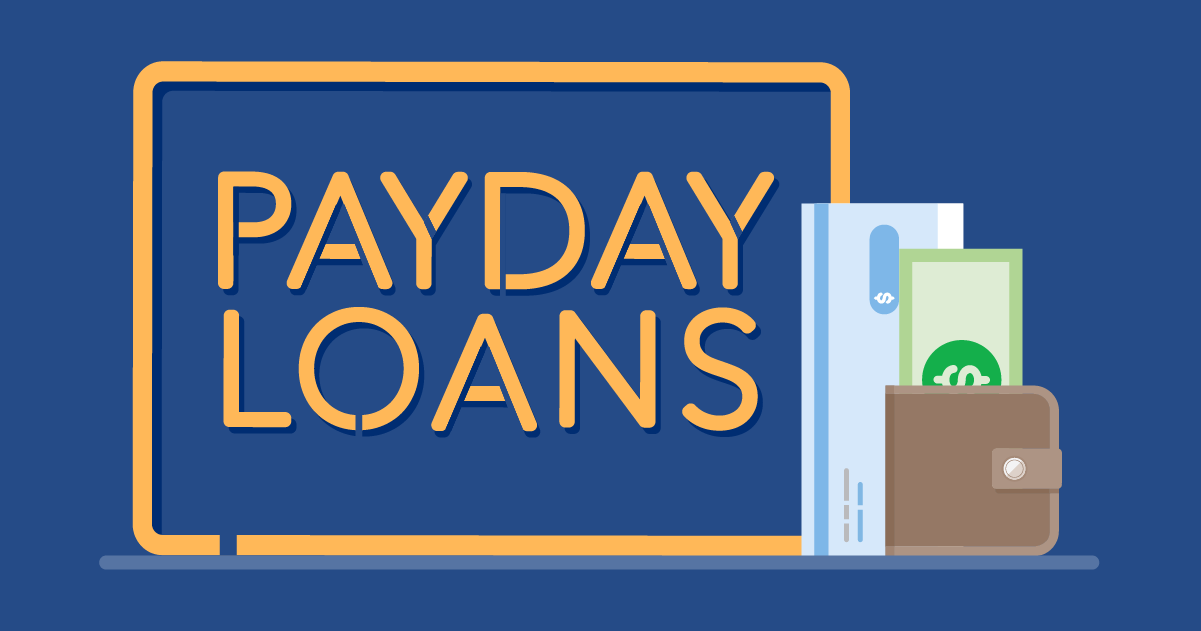Buying a home in the UK is it’s an exciting milestone, it comes with potential financial risks that must be carefully considered. If you’re seeking expert advice, the best Sunningdale estate agents can provide invaluable guidance, helping you navigate the complexities of home buying while minimising financial pitfalls.
- Overstretching Your Budget
One of the most common errors homebuyers make is purchasing a property with a higher budget restriction. This can leave little room for unexpected expenses, such as repairs, maintenance, or extended utility bills.
To avoid overstretching, it`s important to calculate your affordability realistically. Consider the loan price and ongoing prices like council tax, insurance, and domestic maintenance.
- Fluctuating Interest Rates
Mortgage interest costs notably affect your monthly repayments. While fixed-charge mortgages provide stability, variable-rate mortgages are vulnerable to marketplace fluctuations, that can boom your expenses over time.
Before committing to a loan, investigate the potential effect of charge changes. Opt for a fixed-rate mortgage in case you select predictability, or make sure you’ve got a monetary buffer if selecting a variable-rate option.
- Hidden Costs and Fees
The initial price of a home is simplest a part of the cost. Many shoppers forget extra prices along with:
- Stamp duty
- Solicitor fees
- Survey costs
- Removal prices
- Renovation or decorating expenses
- Overpaying for a Property
In competitive housing markets, consumers can also additionally experience pressure to bid higher than a property`s value. This can cause overpayment, which is unstable if property values decline in the future.
Conducting a thorough marketplace evaluation is key. The fine Sunningdale property marketers can offer comparative marketplace data, helping you decide whether or not a property is priced fairly.
- Falling Property Values
Property values can vary based on marketplace conditions, local development, and economic factors. Buying in a place wherein values are probable to decline poses a significant financial risk.
Researching the region very well and consulting local property marketers guarantees you put money into a place with appropriate increase capacity.
- Unexpected Repairs and Maintenance Costs
Even new houses can include unexpected repair costs, inclusive of defective plumbing, roofing issues, or damp problems. Older homes can also additionally require enormous enhancements or renovations, including on your expenses.
Commissioning an expert property survey before a purchase can discover capacity issues. Investing in an in-depth survey can also additionally appear to be an in-advance expense, however, it could prevent luxurious surprises down the line.
- Job Loss or Reduced Income
Life is unpredictable, and changes in employment or income can impact your ability to keep up with mortgage repayments. It’s wise to have an emergency fund covering at least three to six months of expenses.
- Lack of Diversification in Investments
For many buyers, a home represents their largest financial asset. While this can build long-term wealth, it also concentrates on risk. Economic downturns, natural disasters, or localised issues can significantly impact your property’s value.
- Rising Utility and Living Costs
Energy prices, water rates, and council tax can increase over time, placing additional pressure on your finances. Larger homes or older properties with poor energy efficiency can be particularly costly to maintain.
Consider energy-efficient upgrades, such as insulation or solar panels, to reduce utility bills in the long run. Estate agents often have insights into properties with eco-friendly features that can save you money over time.
- Difficulty Selling the Property
If you plan to move in the future, it is crucial to be able to sell your home at a favourable price. Buying a property in a low-demand area or investing in a home with niche appeal can make selling challenging.
- Changes in Personal Circumstances
Major lifestyle changes, along with marriage, divorce, or having children, can modify your housing wishes and financial situation. A home that appears best nowadays won’t meet your necessities in some years.
- Mortgage Default Risks
Failing to keep up with mortgage payments can result in severe consequences, which include repossession. This danger is in particular large in case you revel in monetary instability or unexpected expenses.
Before committing to a mortgage, ensure you’ve got solid earnings and achievable monthly repayments. Regularly assess your finances to keep away from falling behind on payments.
- Underestimating the Impact of Taxes
Beyond stamp duty, proudly owning a home comes with tax implications. For instance, in case you let out your property or promote it in the future, you’ll be subject to income tax or capital profits tax.
Understanding those responsibilities is vital for monetary planning. Consulting with a financial guide or tax expert will let you make knowledgeable decisions.
- Insufficient Insurance Coverage
Failing to secure adequate insurance for your home can leave you vulnerable to financial loss. Standard buildings and contents insurance may not cover all potential risks, such as flooding or subsidence.
Conclusion
Buying a home is a significant investment, but it’s not without risks. By understanding the financial pitfalls and taking proactive measures to mitigate them, you can make a more informed decision and secure your financial future.



